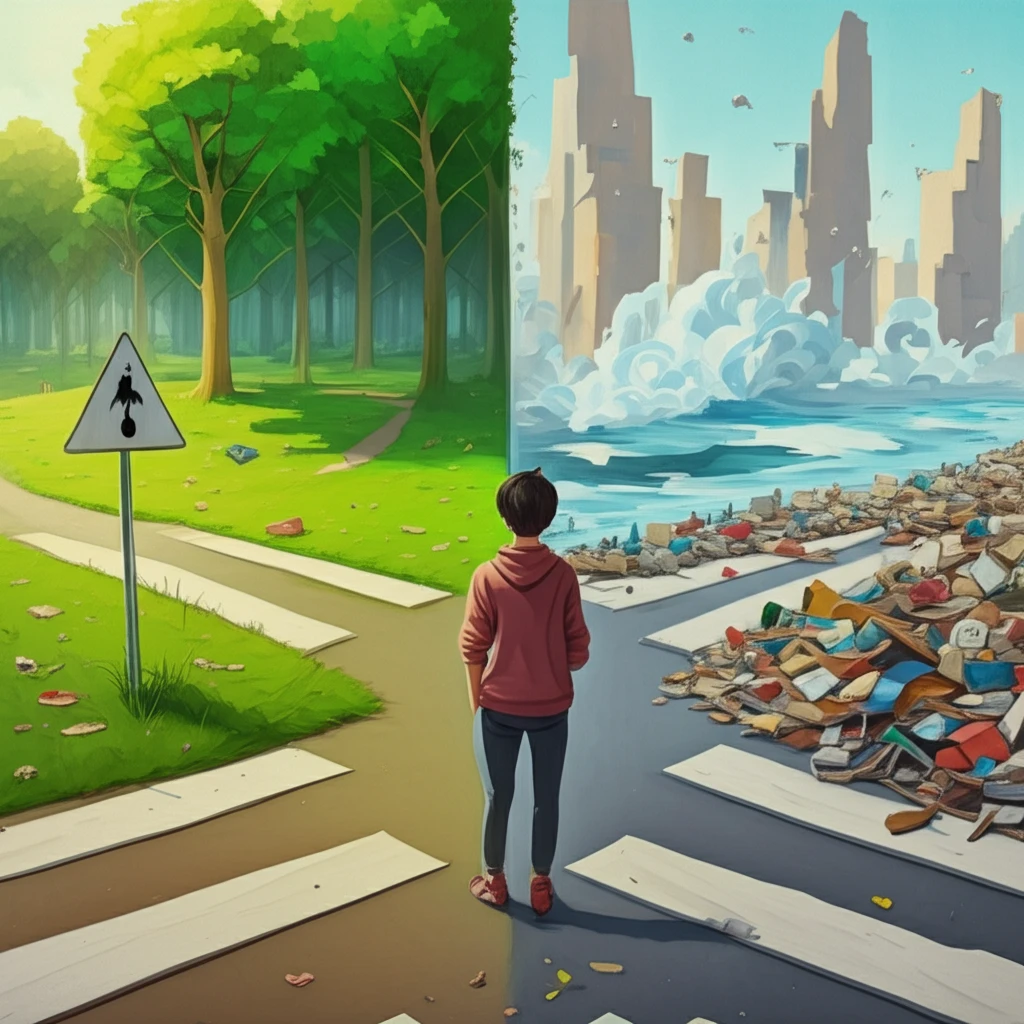
Sustainable Living: Are You a Holistic Conservationist, or Just Green Washing?
"Uncover your environmental habits: Are you genuinely committed to sustainability, or just giving off a green impression?"
In an era defined by climate concerns and ecological awareness, sustainability has transcended buzzword status to become a core value for individuals, businesses, and governments alike. We're constantly bombarded with messages urging us to 'go green,' 'reduce our carbon footprint,' and 'live sustainably.' But with so much noise, it's crucial to distinguish genuine commitment from superficial gestures.
The concept of 'greenwashing,' where companies and individuals falsely portray themselves as environmentally responsible, has muddied the waters, making it harder to identify true advocates for sustainability. This article delves into the nuances of sustainable living, dissecting various consumer behaviors and exploring the motivations behind them. Drawing from recent research, we'll help you determine whether you're a holistic conservationist genuinely dedicated to eco-friendly practices, or if you're simply 'green washing' your lifestyle.
Our goal is to provide insights into the spectrum of sustainable and green actions. We aim to categorize different consumer approaches, inspired by the research of Sharma, Saha, and Rameshwar (2018), providing clarity on the roles of environmental consciousness, ethical considerations, and practical challenges that shape our consumption patterns. Let’s embark on a journey to discover where you truly stand on the path to sustainability.
What Does It Mean to Be Truly Sustainable?

Sustainability, at its core, is about meeting the needs of the present without compromising the ability of future generations to meet their own needs. This encompasses environmental, social, and economic dimensions, requiring a holistic approach that considers the interconnectedness of these factors. It's not just about buying green products; it's about transforming our lifestyles to minimize our impact on the planet.
- Holistic Conservationists: These individuals demonstrate a high level of environmental concern and actively integrate sustainable and green practices into their daily lives.
- Fragile Conservationists: These consumers express concern for the environment but struggle to translate their intentions into consistent action. They may face barriers such as lack of information, limited access to green products, or the perception that sustainable options are too expensive.
- Sustainable Conservationists: These consumers prioritize sustainable behaviors over purchasing green products. They focus on reducing waste, conserving resources, and making conscious choices that minimize their environmental impact, even if it means foregoing the latest 'eco-friendly' gadgets.
Turning Intentions Into Actions: How to Become a True Conservationist
Ultimately, the journey toward sustainability is a personal one, shaped by our values, priorities, and circumstances. By honestly assessing our behaviors and identifying areas for improvement, we can move closer to becoming true conservationists, contributing to a healthier planet and a more sustainable future for all. Start small, stay informed, and remember that every conscious choice makes a difference.
